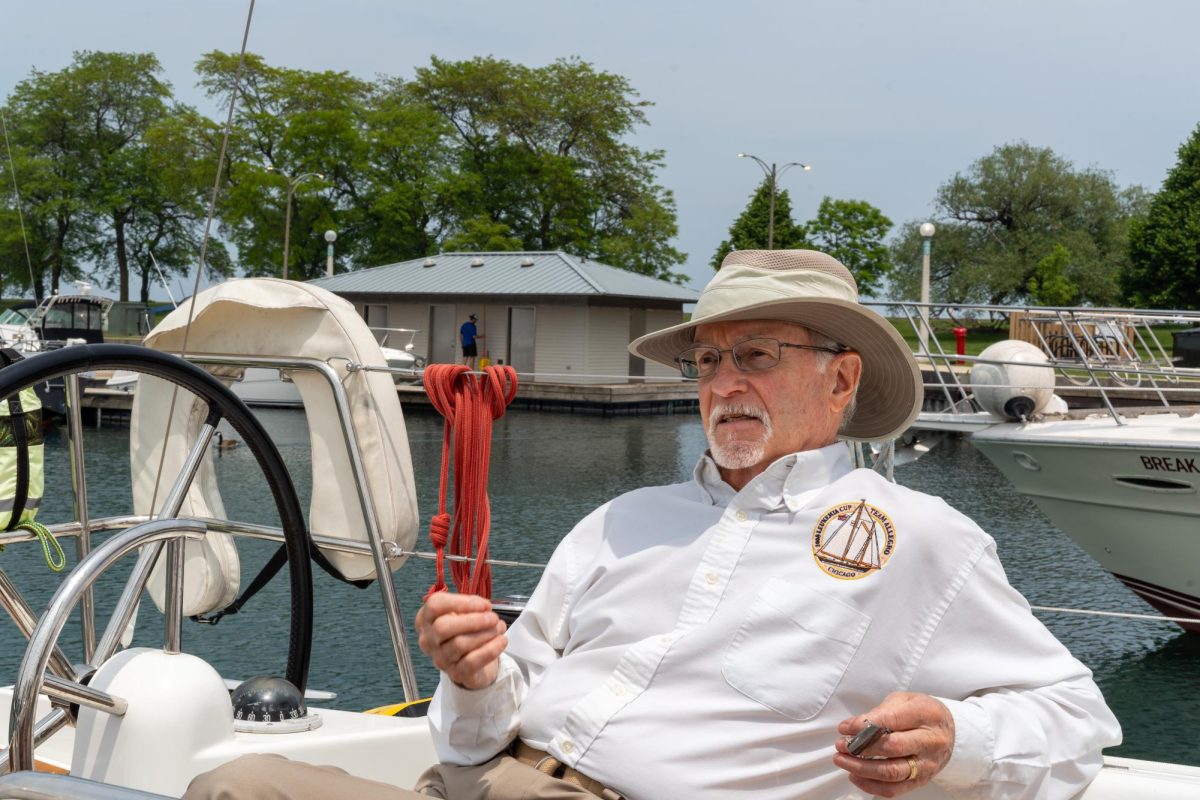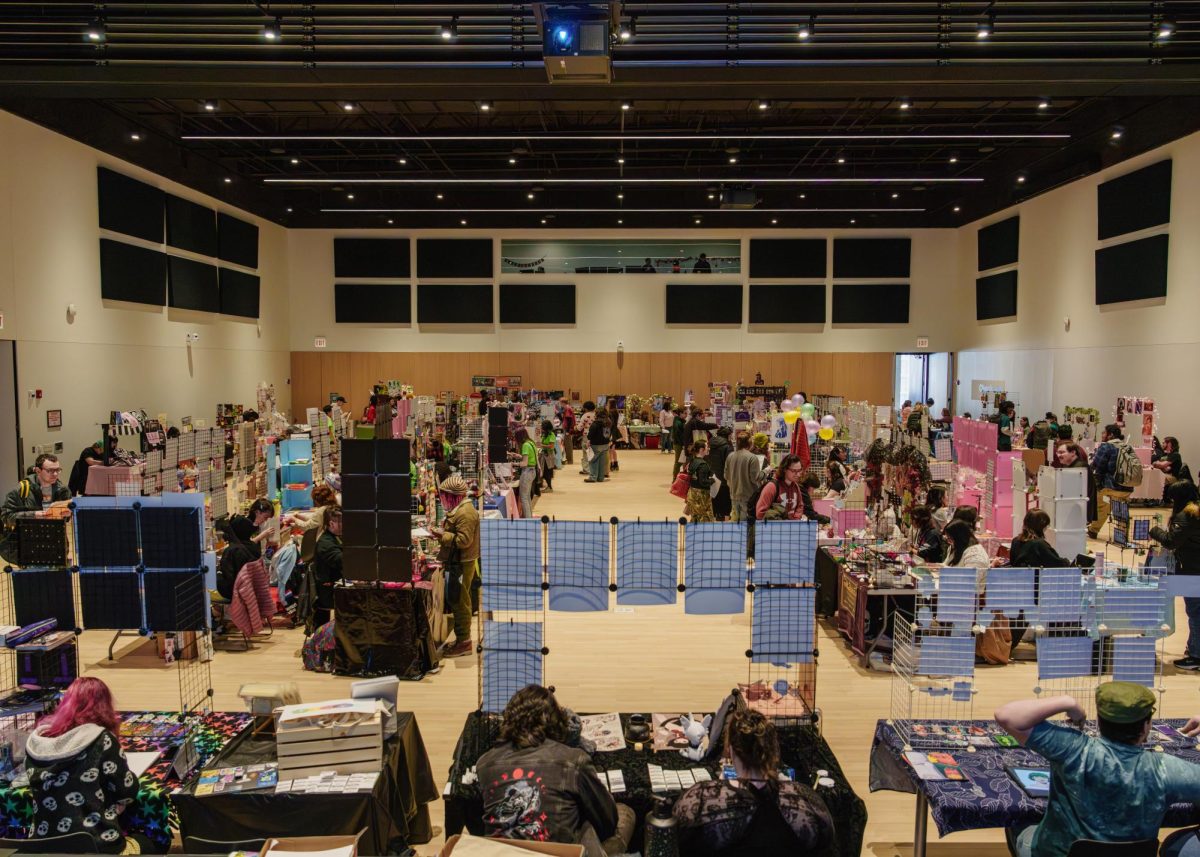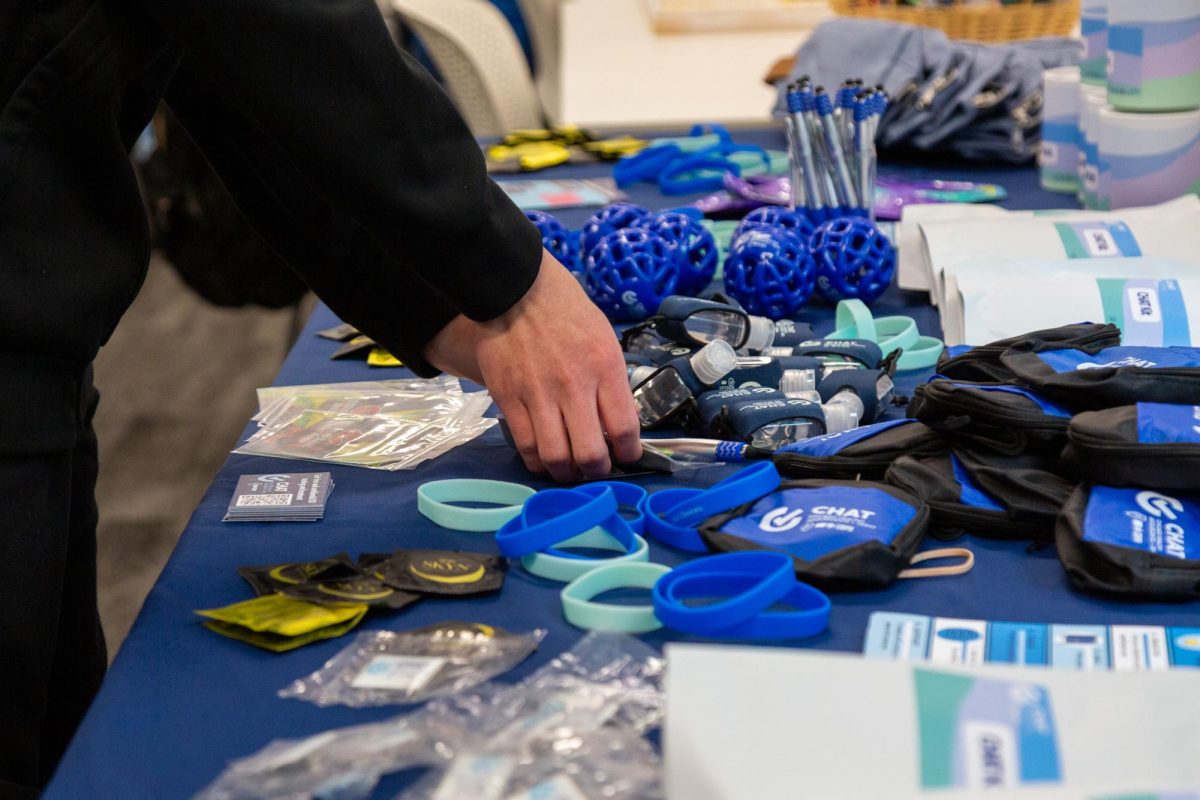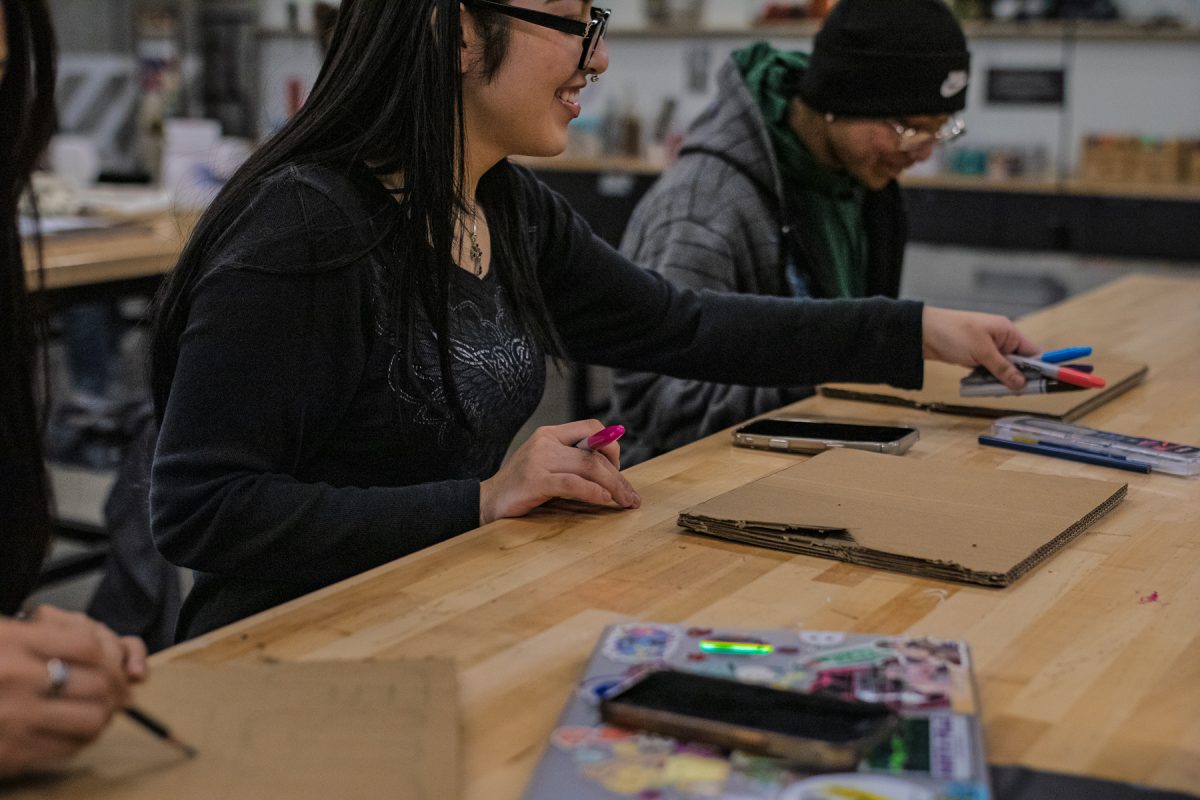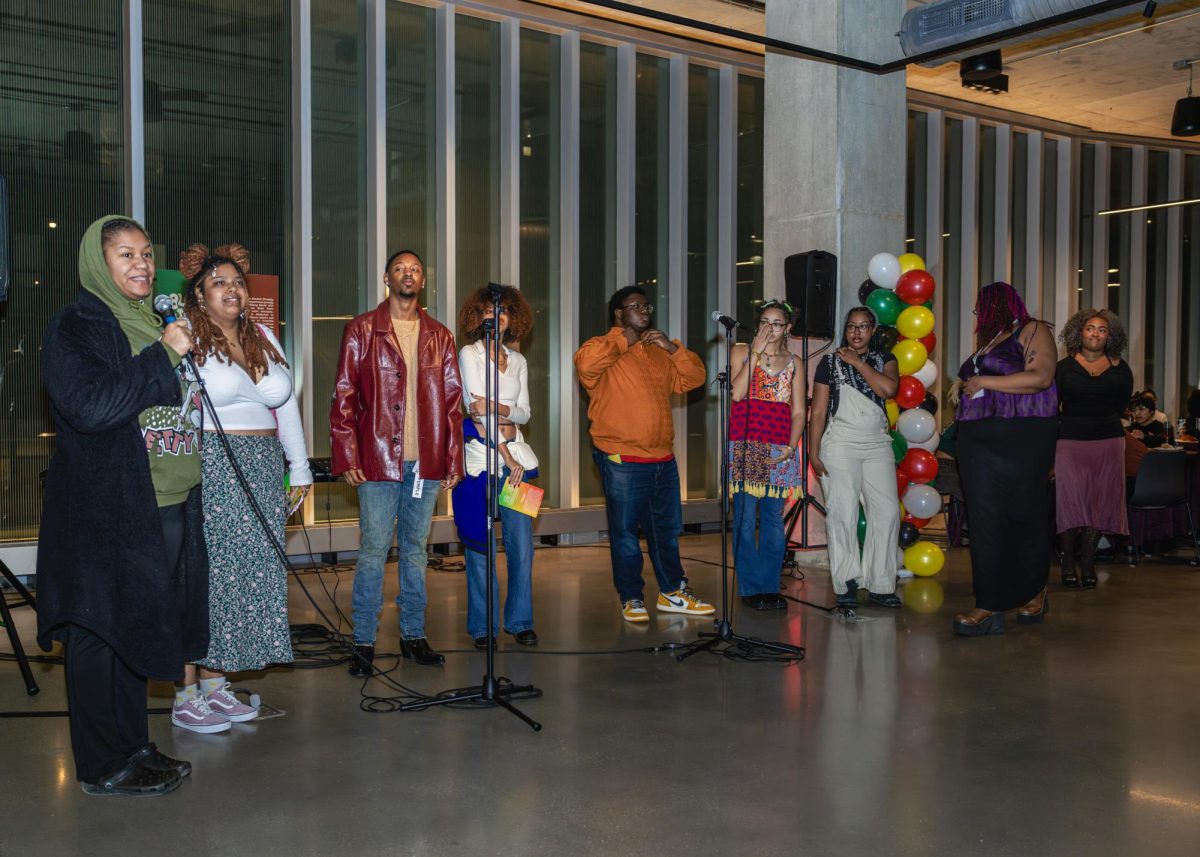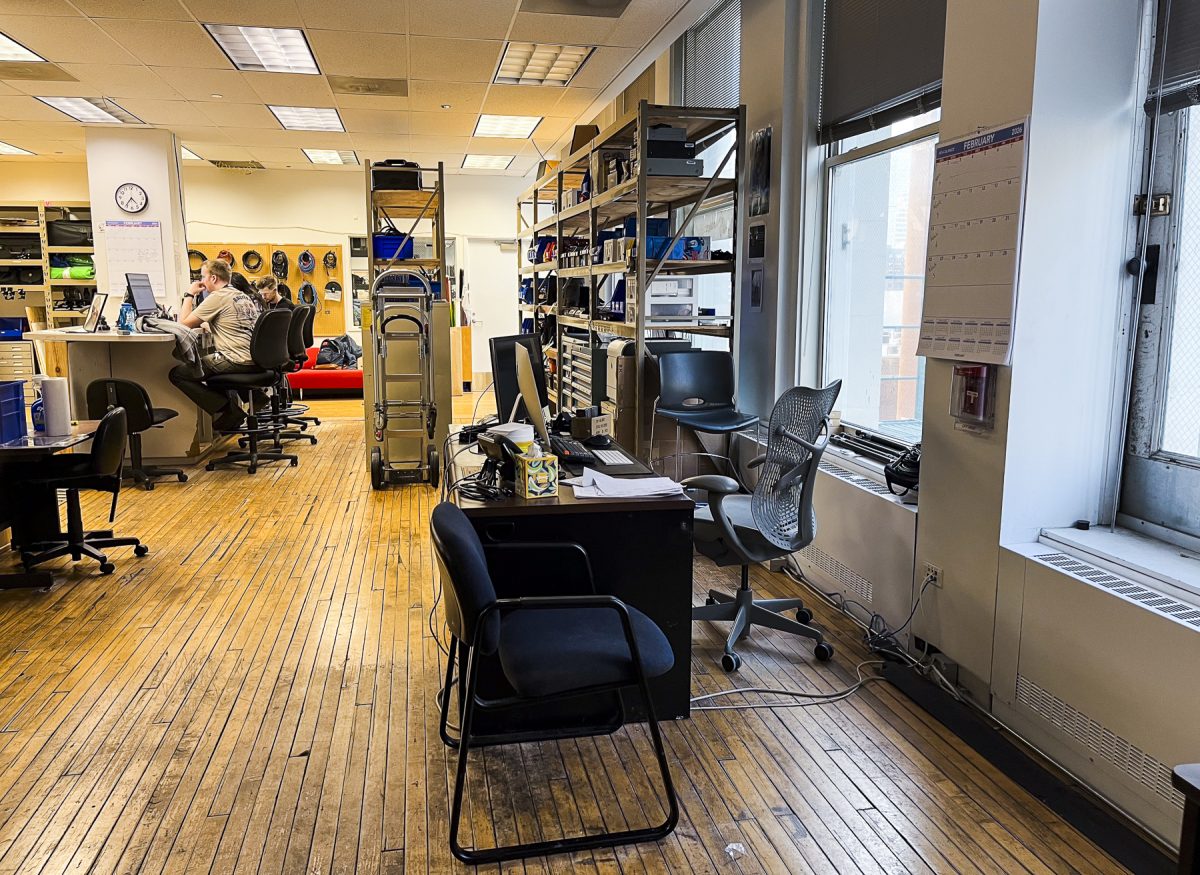On a breezy June morning as the wind off Lake Michigan curls through Belmont Harbor, Martin Bernstein doesn’t know exactly where the day will take him. Docked near the shoreline of Lincoln Park, a half-dozen boats bob with potential. He’s guided dozens of strangers into the open lake — each trip different, and each one, as he said, “a new story.”
For Bernstein, teaching, editing, and sailing are all part of the same idea: navigating by instinct and rediscovering the world with every turn.
He doesn’t always know what boat he’ll get or who is coming aboard, but he knows they will end up somewhere worth going.
Bernstein’s path to storytelling didn’t begin with cameras or boats. It started in Cincinnati, where he was born, and later Oak Park in suburban Chicago, where he was raised. He studied chemical engineering at Northwestern University.
“I thought engineering was for me because I was good at math and science,” Bernstein said. “But I just hated it.”
Burned out, he left school and spent four years working on the railroads. It wasn’t until his brother, who was stationed in the Navy, sent him a camera from Italy that Bernstein discovered what he calls his “creative side.” Photography, and later filmmaking, became his compass.
A darkroom workshop in Chicago during the 1970s deepened his curiosity. Eventually, Bernstein returned to finish his degree at Columbia College as he was drawn by the school’s ethos: working professionals teaching students eager to enter the field.
“It was a school of professionals who wanted to share their knowledge. They came from all over the industry, so it was just where I wanted to be,” he said. “And I loved it.”
He remembered an intro class in filmmaking that revealed a new dimension to visual storytelling. He happened on it by chance after he couldn’t get into a photography course that he planned to take.
“As a photographer, I could shoot. But with film, I could cut, shape, reimagine. It’s alchemy,” he said. “You can take someone else’s footage and rework it into a whole new narrative. That was magic. It still is.”
After graduation, Bernstein went on to edit commercials, broadcast segments, and documentaries, including “Great Lake Warriors,” which came out in 2012 for The History Channel and “The Orange Story,” a narrative short released in 2017 about Japanese American incarceration during World War II.
Every project, he said, offered an invitation into someone else’s life.
But his legacy isn’t only in editing. Since 2007, Bernstein has taught at Columbia, mentoring aspiring editors as they find their own voices. He has also taught part-time at DePaul University since 2019.
In the fall, he is scheduled to teach the one-credit “Studies in Editing” course focused on the TV crime series “Better Call Saul,” an Emmy-nominated prequel to “Breaking Bad.” He taught the same course in previous semesters. In Fall 2024, he taught two sections, one focusing on motifs in “Breaking Bad” and one on “Better Call Saul.” He also has taught “Editing I,” “Editing II,” “Editing the Short Form” and other post production courses.
Bernstein chooses these shows specifically because he said they’re a way to teach something that could be familiar and fun to his students. “I designed the course to appeal to a wide range of student interests, not solely editors,” he said. “An understanding of how these elements are used in story structure will help screenwriters, directors, motion effects designers, etc. incorporate these motifs into their work.”
Sharon Zurek, a part-time instructor in the School of Film and Television Cinema and faculty advisor to the Editors Guild of Columbia, has been a friend of Bernstein’s since the 70s stating. “He always made his students’ learning experiences a priority, and his students always speak very highly of his teaching,” she said.
Kaleena Steakle, a 2024 Columbia alum who majored in television, took Bernstein’s ”Editing I” and “Studies in Editing” courses. She described her first impression of Bernstein as quirky, funny, but also serious about what he was teaching.
“He really made me believe that I didn’t have to be the smartest person in the room or the most tech savvy in order to be a good editor,” she said,” I just had to have a story to tell and a belief in my vision that I intended to carry out.
Outside the classroom, Bernstein has spent 18 years volunteering with the Sea Scouts, part of the Boy Scouts of America, eventually becoming a skipper. The program, designed to instill responsibility and leadership in teenagers through maritime training, resonated deeply with him.
“We taught four ships,” he said. “Seamanship, leadership, sportsmanship, and citizenship. And they were good kids to begin with. We made them even better.”
To his students—on land or water—Bernstein offers the same advice he’s followed himself.
“Change your focus. Change how you look at things,” he said. “Trust your feelings, your intellect, everything. Just don’t take anybody’s word for it.”
This story has been corrected on 7/15/25.
Copy edited by Vanessa Orozco

